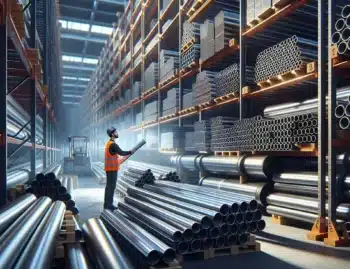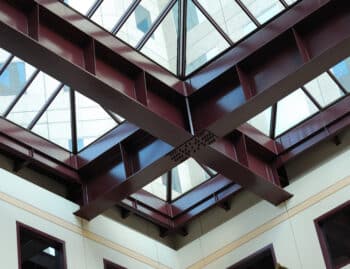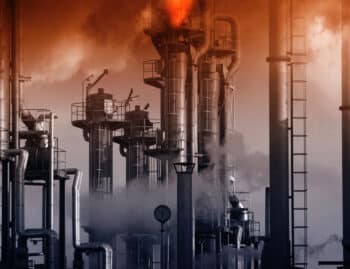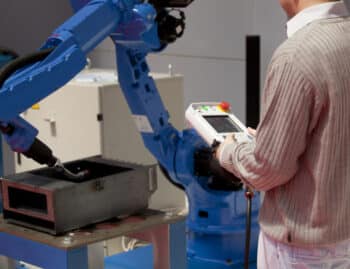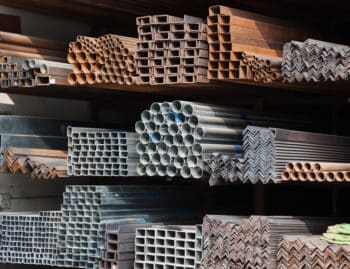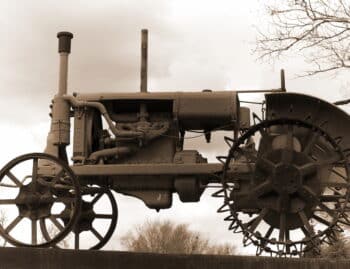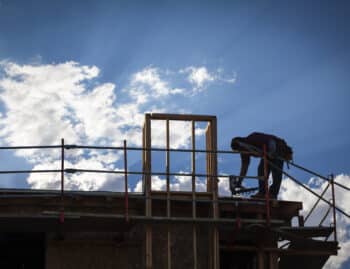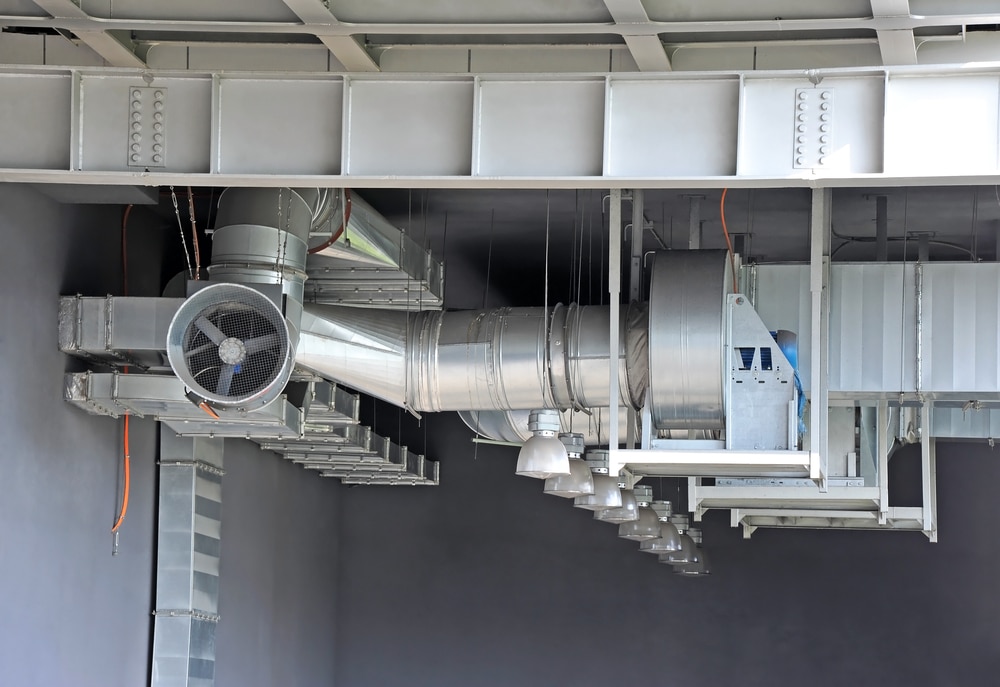
Steel plays an irreplaceable role in the HVAC industry. Put simply, HVAC refers to heating, ventilation, air conditioning, and refrigeration. Steel is commonly used in the pipes that transfer the flow of these liquids and gasses in the systems.
Role of Steel Pipes in the Industry
One of the most important roles steel pipes play is in the heating of a space. Heat is the act of transferring thermal energy from one place to another. Steel pipes are used to easily transfer this flow of energy without damage to the material.
Steel is also used in the piping for home and business ventilation. Ventilation refers to the process of exchanging air particles between spaces. This happens organically when you introduce a new air source, like opening a window, or it can happen artificially through manipulation. HVAC systems help provide an artificial means of fresh air flow.
Air-conditioning is the means of changing the humidity, air quality, and temperature in the surrounding environment. This process also requires durable pipes that can withstand extreme temperature changes, which is why steel is frequently used.
Lastly, steel is also ideal for household and industrial refrigeration systems. Refrigeration is the expulsion of heat to preserve goods. Typically, refrigerators use refrigerant fluids that absorb unwanted heat. These fluids can be successfully transferred and utilized by using steel.
Why Steel Pipes Are Used
Steel is rigid while remaining flexible, and can withstand a large amount of thermal expansion. Many industries prefer steel piping for their HVAC needs because it’s inexpensive, especially compared to similar materials that can maintain high pressure environments.
It is also less corrosive in most environments, and the corrosion that does occur can be easily mitigated and controlled. There are many steel options to suit the needs of the environment. For example, stainless steel is commonly used to resist both moisture and erosion. This helps keep air fresh and avoid mold or mildew within the pipes.
Steel Pipe Properties Required for HVAC
Steel has an undeniable list of esteemed quality for manufacturers of HVAC systems.
The durability of steel has been celebrated since the Industrial Revolution. Most HVAC systems rely on the transfer of fluids from one area to another. This requires a strong material that won’t crack and break in the process. Not only can steel withstands the weight of immense volume, but it can resist wear from changes in levels of pressure as well.
Despite its strength, steel is also highly pliant. It can be used to form the exact measurements to suit any HVAC needs. Workers can arrange the pipes to go around existing structures and systems, as well as meet any additional needs like width and thickness to ensure the proper flow of air and fluids.
Pipes made from steel can also withstand many forms of erosion and drastic temperature changes. This ensures that firms and homeowners won’t need to constantly replace their pipes out of fear of leakages, corrosion, or cracks, which benefits both the time and money of the proprietor.



